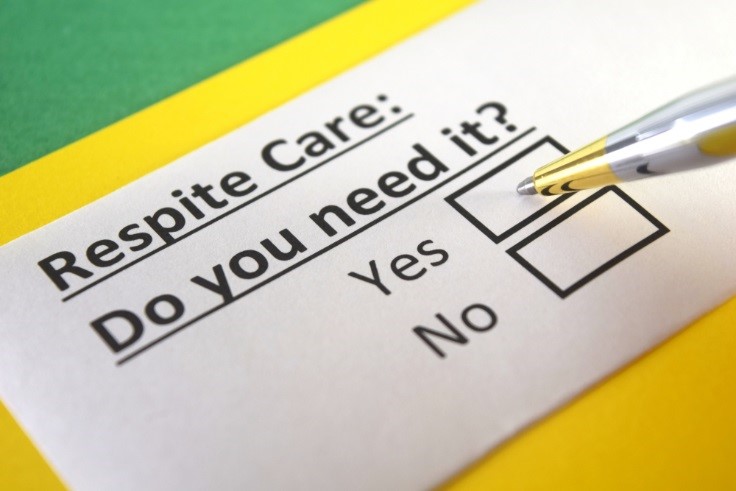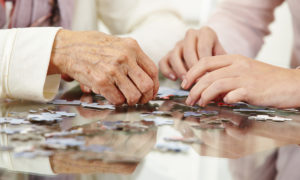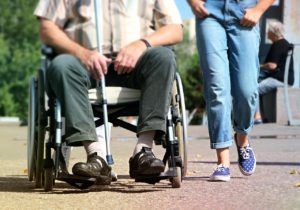
Being a caregiver can be a very emotionally and physically demanding job. In today’s events, emotions and stresses are at a much higher rate due to our nation’s fight against COVID-19. New regulations and restrictions have risen due to this virus, and seniors along with their caregivers and family members are some of the groups that felt these changes the most. It is important for caregivers to practice self-care and give themselves time to recharge. Read along as we discuss a few ways caregivers can practice self-care outside of work.
“Me” Time
“I’m going to have a me day,” can sound like a cliché to many, and even selfish. However, truth of the matter is that having a day to yourself is never selfish, in fact, it is necessary. Being on-the-go everyday and neglecting your own needs can lead to higher stress levels, mood changes, and unsatisfactory feelings. Practice self-care by investing in what brings you calmness and relaxation. Give your mind and body a break, we promise you’ll feel in a much better mood after indulging in things that help you recharge!
Good Meals & Good Sleep
When you are caring for someone else, it is easy to forget about your own meals. Having good, nutritional meals and a good night’s sleep can help prevent caregiver burnout. Make a schedule for yourself to ensure that you are eating at an appropriate time and not skipping any meals. Forgetting to eat can lead to an irritable mood and fatigue. A nighttime routine can also help you get much better sleep. Try going to sleep at the same time, avoid heavy meals at night, and reduce your consumption of alcohol at night to get the quality sleep you deserve.
Remain Social
The long hours of caregiving can lead to exhaustion, hindering your quality time with friends and family. While being social in a demanding job like caregiving, it is still important to remain socially connected to others in order to reduce that feeling of isolation and burnout.
Being a caregiver takes compassion, patience, and love for the position and those who you are caring for. It is understandable to feel overwhelmed and tired after a long day at work, which is why we put so much importance on taking time for yourself. Give yourself the same care and love that you give others, so that you can continue to do what you love with a good attitude and a rested body. Here at Home Instead Senior Care we appreciate our caregivers and their hard work. Learn more about our mission and services online.














